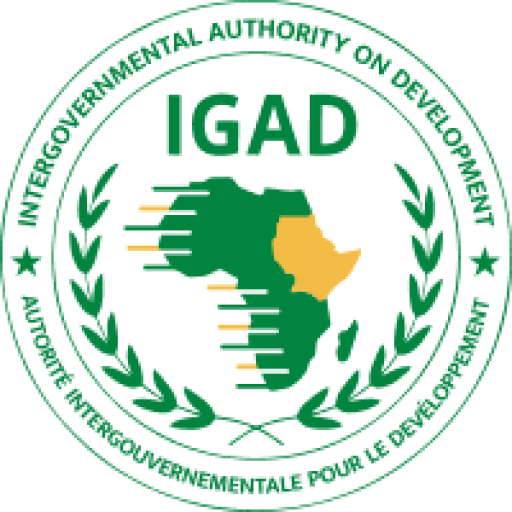The African Union has identified Blue Economy (BE) development as a priority goal towards achieving the aspiration on ‘A prosperous Africa based on inclusive growth and sustainable development within the context of the Africa Union Agenda 2063’. Africa’s Blue Economy can be a major contributor to continental transformation, sustainable economic progress, and social development. Africa’s Blue Economy Strategy, launched under the theme “Developing a sustainable blue economy; increasing momentum for Africa’s Blue Growth”, envisions an inclusive and sustainable blue economy that significantly contributes to the continent’s transformation and growth. The objective of the Africa Blue Economy Strategy is to guide the development of an inclusive and sustainable blue economy that becomes a significant contributor to continental transformation and growth, through advancing knowledge on marine and aquatic biotechnology, environmental sustainability, the growth of Africa-wide shipping industry, the development of sea, river and lake transport, the management of fishing activities on these aquatic spaces, and the exploitation and beneficiation of deep-sea minerals and other resources.
With the financial support of EU, The Intergovernmental Authority on Development (IGAD) has developed a 5-year Blue Economy strategy (2021 – 2025) and Implementation Plan (BESIP), aligned with Africa’s Blue Economy strategy. The vision of IGAD’s Blue Economy strategy is to develop an inclusive and sustainable Blue Economy that significantly contributes to the Horn of Africa’s transformation. Three main principles that underpin the implementation of the Blue Economy are the circular economy; good governance and
environmental and social sustainability. The IGAD Blue Economy Strategy and Implementation Plan intend to structure the Blue Economy implementation at both national and regional levels while increasing cooperation and regional integration, and strengthening support to the member states to effectively translate policies into concrete actions. It will also contribute to the effective implementation of the Africa Blue Economy Strategy (and its up-coming Action Plan). More specifically, the IGAD Blue Economy Strategy aims to:
- improve the implementation of the BE in all IGAD members States;
- contribute to the implementation of the Africa Blue Economy Strategy;
- develop strong harmonizing regional BE initiatives;
- increase cooperation and regional integration by using the BE as a catalyst to stimulate a converging dynamic of interests and efforts.At the level of the IGAD member states, almost all of them have started to engage themselves in the development process of the Blue Economy. Although a comprehensive database on the Blue Economy governance status in the IGAD Member States is lacking, currently these countries are more or less at an early stage of development in the elaboration of strategies and action plans as well as in the implementation of the BE. Overall, none of them, except Kenya, have completed national consultations, preceding the development of a Blue Economy policy and/or strategy. Thus, the process of implementing Blue Economy remains broadly nascent in the IGAD Member States apart from the actions and initiatives carried out in a sectoral framework (fisheries, ports, tourism, etc.).The strategy was technically adopted with the experts of Member States (MSs) via zoom in May, 2021. It was not possible to do the validation with ministers because of the COVID pandemic.IGAD has signed a project (enhancing blue economy in the IGAD coastal member states for biodiversity conservations and livelihood diversification) aimed at promoting Blue Economy with funding from Sweden.
One component of the strategy is to strengthen the IGAD BE Unit to implement the strategy. Before implementing the strategy, it needs full adoption by MS at Ministerial level.Objective of the Ministerial MeetingTo endorse IGAD Regional Blue Economy Strategy aligned with the AUC BE Strategy that will serve as umbrella strategy for MSs national strategyExpected ResultThe IGAD Regional BE Strategy is operationalized and will serve as a framework to guide the development of national BE strategy.
Methodology
The meeting will be held for three days physically in Addis Ababa. The first two days will be dedicated for the experts from MSs to finalize the strategy and prepare a report and a communique. The third day is dedicated for the Ministers to adopt the strategy.










